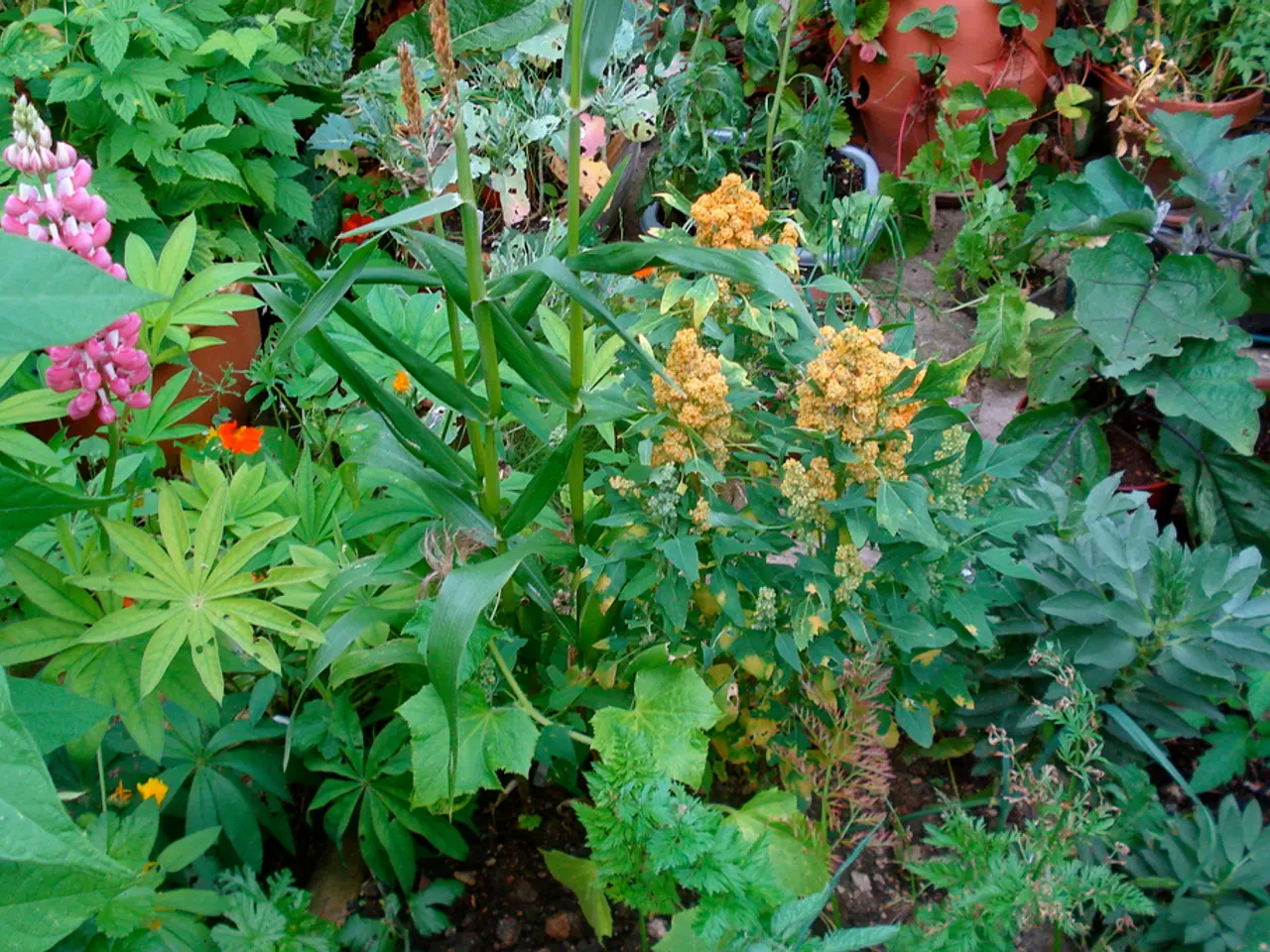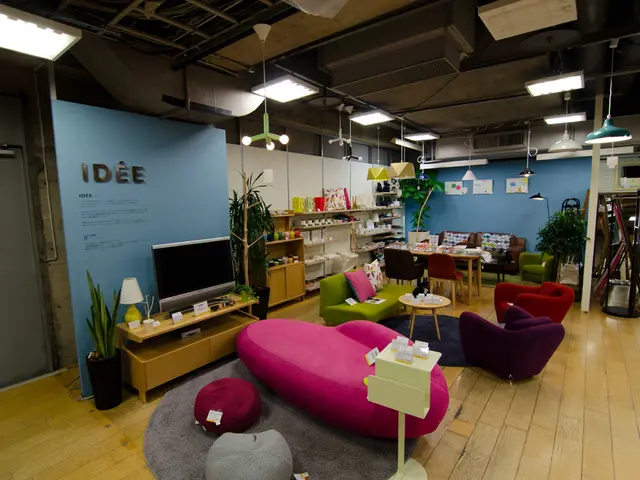Gardening beneficial for mental wellbeing, according to studies
In a recent survey by market research firm YouGov, commissioned by garden equipment manufacturer Stiga, 63% of Germans reported that gardening has a positive effect on their mental health. The survey also revealed similar trends across Europe, with strong recognition of the positive effects of gardening in the UK (73%), Spain (70%), Italy (69%), and Poland (67%).
The survey findings suggest that gardening offers significant psychological benefits, helping to reduce stress, improve mood, and promote mindfulness. A key advantage cited by many participants was the opportunity to spend time outdoors, with 76% of German participants finding this to be the most important positive aspect.
One of the primary reasons for gardening's positive impact on mental health is its ability to lower cortisol levels, a stress hormone. Gardening promotes the production of serotonin and dopamine, critical neurotransmitters for mood regulation, and reduces heart rate, leading to relaxation and relief from anxiety and depression symptoms.
Moreover, gardening encourages a unique kind of mindfulness by focusing attention on sensory details like soil texture, plant colours, and smells. This mindful engagement enhances emotional clarity and resilience, helping practitioners cope better with emotional challenges and build patience, adaptability, and hope.
Regular gardening also builds psychological resilience and supports long-term wellness. Sustained engagement improves life satisfaction and aids in ongoing mental health maintenance, aided by the natural structure and rhythms of gardening seasons.
Interacting with nature through gardening provides a sense of calm and peace, even with small-scale gardens such as potted plants. This connection also fosters a sense of care and accomplishment, boosting confidence and reinforcing the belief that personal change is possible.
For seniors and those with anxiety or PTSD, gardening supports grounding techniques and sensory integration that calms the nervous system and eases symptoms.
Gardening in a community setting may provide additional social benefits, as engaging in gardening with others may lead to increased happiness and resilience, according to a study.
In conclusion, gardening is a holistic, hands-on practice that combines physical activity, sensory engagement, and emotional connection to promote mental health benefits ranging from immediate stress relief to long-term psychological resilience and well-being. Whether in a personal garden or a community setting, gardening offers a powerful tool for promoting mental health and well-being.
References:
[1] Bower, J. E., & Gilovich, T. (2017). The Gardener and the Carpenter: What the New Science of Psychological Well-Being Tells Us About the Good Life. Hachette UK.
[2] Kaplan, S. (2010). The Restorative Benefits of Nature: Toward an Integrative Framework. Journal of Environmental Psychology, 30(3), 169-182.
[3] Kellert, S. R., & Wilson, M. R. (1993). Biophilia: The Human Bond with Other Species. W.W. Norton & Company.
[4] McMahan, W. (2012). The Ethics of Care for Humans and Other Animals. Oxford University Press.
[5] Ulrich, R. S. (1984). View through a window may influence recovery from surgery. Science, 224(4651), 420-421.
Gardening, as a home-and-garden activity, provides a positive impact on mental health by promoting mindfulness and lowering cortisol levels, thereby improving mood, reducing stress, and alleviating symptoms of anxiety and depression. Moreover, engaging in gardening helps build psychological resilience and supports long-term wellness, aiding in ongoing mental health maintenance.





